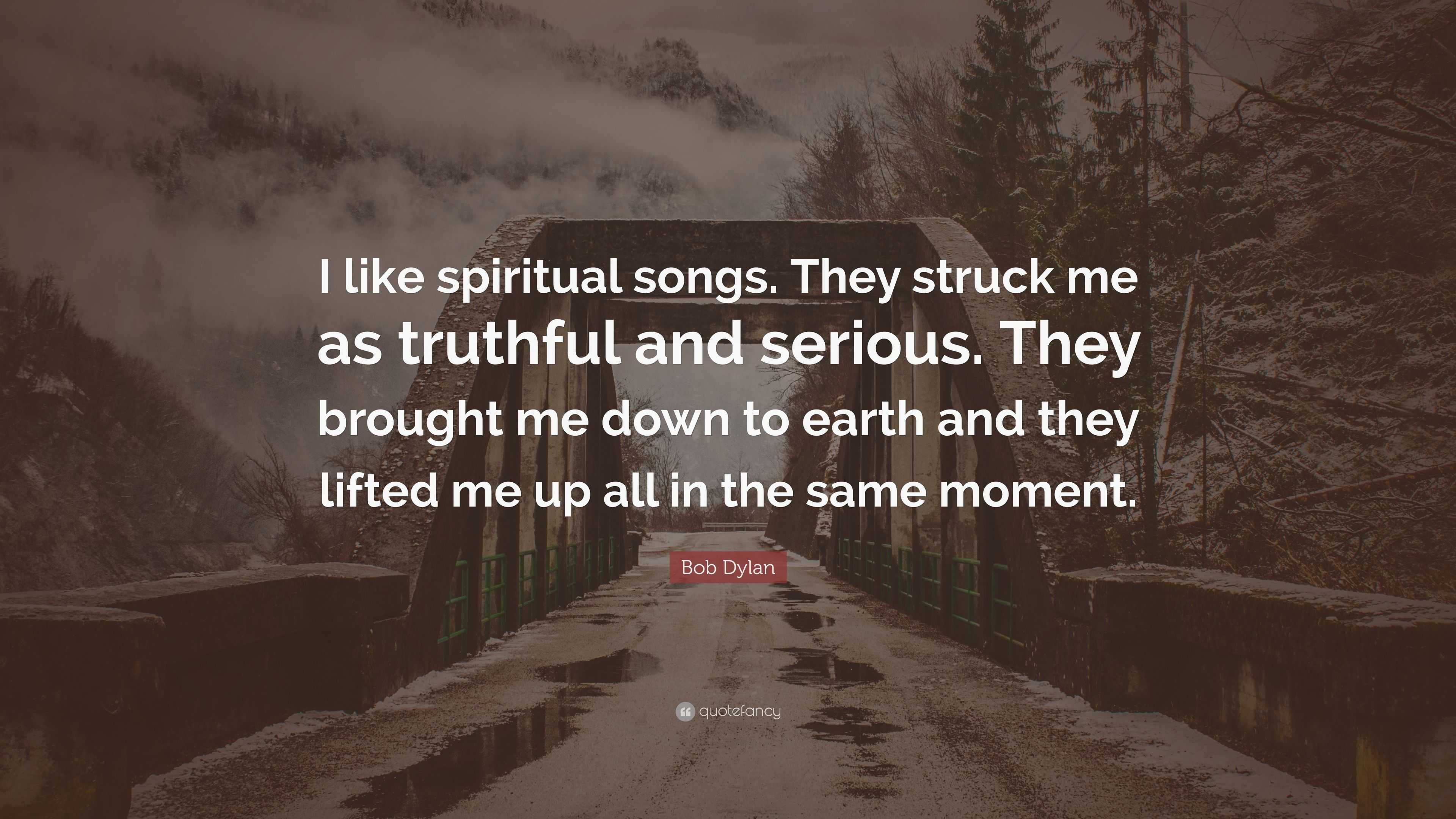

Contact municipal, provincial and federal governments to demand the inclusion of affected Indigenous voices at decision-making tables. Hold public leaders accountable for policy.
 Interested in land repatriation initiatives? Find out whose traditional territories you’re on and start the conversation. Watch and share these videos and resources on land governance in Canada, featuring some of Canada’s most prominent Indigenous thought leaders, activists and accomplices. Lift the burden of education off the shoulders of your Indigenous friends and colleagues. Here are four things you can do today to support the land back movement: Help answer his request by watching the videos at the top of the page, which aim to open the door to wider conversations about land governance in Canada. In recent years, the David Suzuki Foundation has supported Indigenous-led conservation by supporting the establishment of Indigenous Protected and Conserved Areas, and by promoting Indigenous-led restoration and species-recovery work.īut Indigenous land governance reaches beyond the boundaries of protected areas.Īllies of Indigenous Peoples must also understand the colonial systems of governance that created these conditions for Indigenous Peoples are also root causes of the environmental crises.Īs Jesse Wente notes, allies of Indigenous Peoples should educate themselves and each other. Because Indigenous knowledge of lands and waters has evolved over thousands of years, their governance models might help to address the climate and biodiversity crises. Globally, Indigenous Peoples comprise less than five per cent of the world’s population, but protect 80 per cent of the planet’s biodiversity. The resulting conflicts over land-use decisions point to a need for Canadians to have conversations, sometimes difficult, about what needs to change to ensure more just systems of land governance. What you have are two legitimate legal authorities that are saying two different things.” Both are lawful - both are employing their own systems of law. For example, University of Windsor faculty of law associate professor and associate dean Beverly Jacobs says, “Our laws are always about that responsibility - our relationships, reciprocity.”Īs Aimée Craft, University of Ottawa associate professor, explains, “We can see in the images of land defenders coming up against the state police. In contrast, many Indigenous Peoples speak of inherent rights accompanied by inherent responsibilities to the natural world. Colonialists viewed nature as property to be owned or resources to be commodified. Indigenous Peoples had laws and systems of governance long before Europeans landed on what is now called Canada and imposed their own, colonial laws. The David Suzuki Foundation believes that land governance in Canada must change to recognize and uphold Indigenous rights and responsibilities, and to restore nature’s once abundant ecosystems. Systems of land governance under our current provincial and federal governments not only exclude Indigenous Peoples from decision-making tables where choices about land use are made, they also fail to set limits for industrial activities and development, driving wildlife decline and ecosystem degradation. It’s about self-determination for our Peoples here that should include some access to the territories and resources in a more equitable fashion, and for us to have control over how that actually looks.”
Interested in land repatriation initiatives? Find out whose traditional territories you’re on and start the conversation. Watch and share these videos and resources on land governance in Canada, featuring some of Canada’s most prominent Indigenous thought leaders, activists and accomplices. Lift the burden of education off the shoulders of your Indigenous friends and colleagues. Here are four things you can do today to support the land back movement: Help answer his request by watching the videos at the top of the page, which aim to open the door to wider conversations about land governance in Canada. In recent years, the David Suzuki Foundation has supported Indigenous-led conservation by supporting the establishment of Indigenous Protected and Conserved Areas, and by promoting Indigenous-led restoration and species-recovery work.īut Indigenous land governance reaches beyond the boundaries of protected areas.Īllies of Indigenous Peoples must also understand the colonial systems of governance that created these conditions for Indigenous Peoples are also root causes of the environmental crises.Īs Jesse Wente notes, allies of Indigenous Peoples should educate themselves and each other. Because Indigenous knowledge of lands and waters has evolved over thousands of years, their governance models might help to address the climate and biodiversity crises. Globally, Indigenous Peoples comprise less than five per cent of the world’s population, but protect 80 per cent of the planet’s biodiversity. The resulting conflicts over land-use decisions point to a need for Canadians to have conversations, sometimes difficult, about what needs to change to ensure more just systems of land governance. What you have are two legitimate legal authorities that are saying two different things.” Both are lawful - both are employing their own systems of law. For example, University of Windsor faculty of law associate professor and associate dean Beverly Jacobs says, “Our laws are always about that responsibility - our relationships, reciprocity.”Īs Aimée Craft, University of Ottawa associate professor, explains, “We can see in the images of land defenders coming up against the state police. In contrast, many Indigenous Peoples speak of inherent rights accompanied by inherent responsibilities to the natural world. Colonialists viewed nature as property to be owned or resources to be commodified. Indigenous Peoples had laws and systems of governance long before Europeans landed on what is now called Canada and imposed their own, colonial laws. The David Suzuki Foundation believes that land governance in Canada must change to recognize and uphold Indigenous rights and responsibilities, and to restore nature’s once abundant ecosystems. Systems of land governance under our current provincial and federal governments not only exclude Indigenous Peoples from decision-making tables where choices about land use are made, they also fail to set limits for industrial activities and development, driving wildlife decline and ecosystem degradation. It’s about self-determination for our Peoples here that should include some access to the territories and resources in a more equitable fashion, and for us to have control over how that actually looks.” 
In the words of Isaac Murdoch, “Land Back is people returning back and finding their place in those systems of life.”Īccording to journalist and Canada Council for the Arts chair Jesse Wente, Land Back is “about the decision-making power.

Land Back is an Indigenous-led movement with a rich and complex meaning.








 0 kommentar(er)
0 kommentar(er)
